Intel's investment flurry highlights aggressive approach in counteracting market slide
Intel has experienced sluggish revenue growth due to declining PC market demand, but the company is still throwing punches

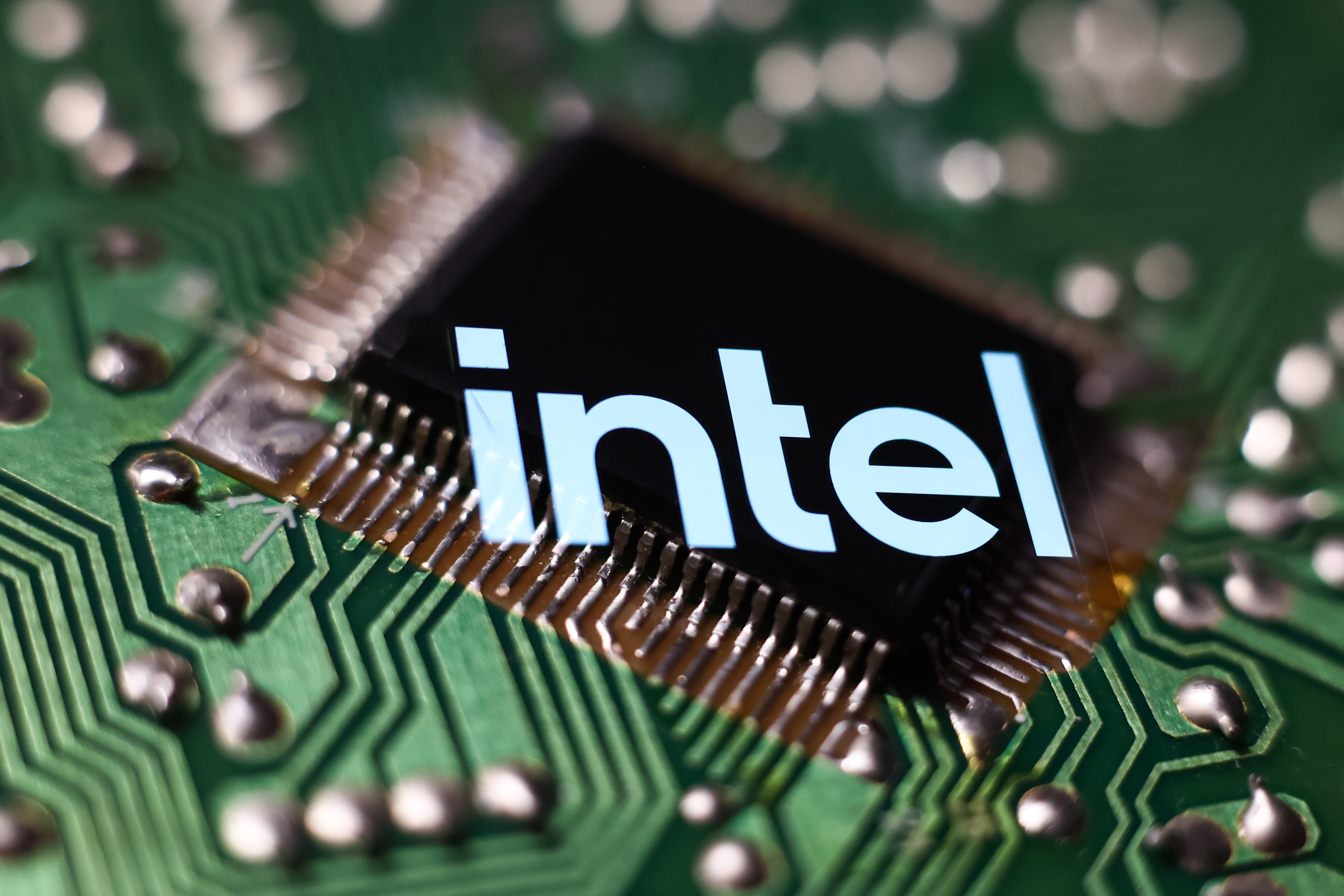
Intel’s aggressive expansion in Europe highlights the company’s appetite to cast off the shackles of its lamented market slide in recent years, according to analysts.
In recent weeks, the chipmaker has announced a series of ambitious investments in Europe, including a $32.8 billion pledge to build a new chip manufacturing site in Germany, marking the largest foreign investment in the country to date.
The firm also pledged $4.6 billion to build a new chip plant in Poland alongside a $25 billion investment in Israel, once again making this the largest-ever investment in the state.
Gartner VP analyst Alan Priestley said the rapid flurry of investment pledges comes at a difficult time for the chipmaker.
RELATED RESOURCE
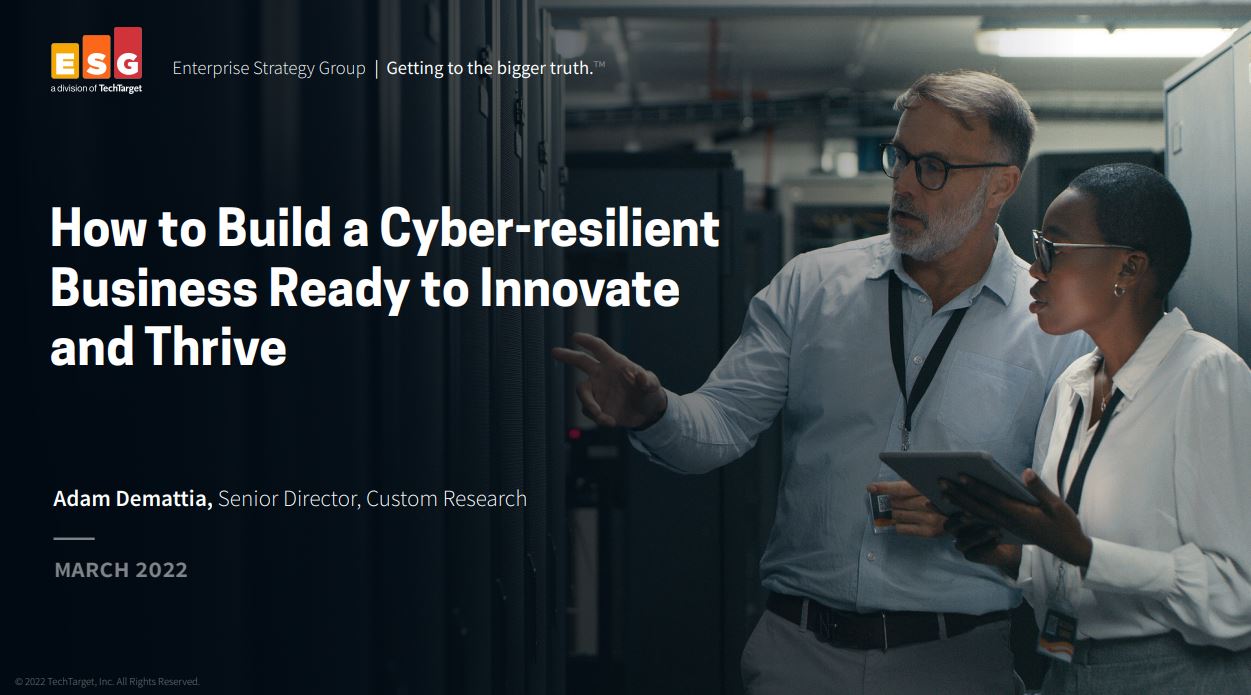
How to build a cyber-resilient business ready to innovate and thrive
Outperform your peers in your successful business outcomes
Intel recorded a 36% year-over-year decline in revenue in the first quarter of 2023.
This earnings call underlined the difficulties the company was experiencing on the back of sluggish growth in the global PC market.
“Intel has had a slump because the market has dropped. It’s heavily linked to the PC market and consumer spend has declined, so that has impacted its business - it’s also got intense competition.”
Sign up today and you will receive a free copy of our Future Focus 2025 report - the leading guidance on AI, cybersecurity and other IT challenges as per 700+ senior executives
This growing competitive landscape and declining consumer spend means that the company has been fighting strong headwinds in recent quarters. However, the investment pledges show that the firm appears bullish on keeping pace and continuing to expand its global footprint.
“From Intel’s perspective, if it doesn’t do it, the competition will,” Priestley said. “That’s TSMC, and all the big chip vendors run on TSMC - Intel has to keep in line with those vendors.”
Priestley noted that if Intel “stops and stands still”, it is at heightened risk of losing its position in the market amid progress being made by competitors.
Investing in new manufacturing capacity is a necessity, therefore, and will enable the firm to retain its market position.
Growing demand for processors means new fabs are critical
Intel’s expansion in Europe and Israel comes amid a period of rapid acceleration in the broader semiconductor industry, with increasing demand for higher-performance chips driving intense competition across the board.
While Priestley noted that this is a natural evolution of the industry, the heightened competition in recent years means Intel must invest to keep pace and retain its market share.
“The semiconductor industry has had a long history of successive generations of process tech, this is what has driven the semiconductor industry for 40, 50 years,” he said.
“As the process tech evolves, new demand requires higher performance chips.”
Long-term, establishing these new facilities, known as ‘fabs’, will enable Intel to continue innovating and keep pace with the demands placed by continuously-advancing processor technology.
A key traditional challenge for the semiconductor industry has been that, as new technologies emerge, existing fabs often cannot be updated to accommodate the new manufacturing requirements or capacity demand.
This bears similarities to practices in the car manufacturing industry, for example, in which organizations would shut down a production line each year to refresh equipment to produce a new model of vehicle.
“They wouldn’t manufacture for six weeks or so while the new model was being put into the line,” Priestley said. “The semiconductor industry is a bit like that - except you don’t shut the fabs down because there’s a continuous demand for product.”
“So once you build a fab, you run it for four or five years, maybe longer, manufacturing products on that process. To bring a new process up, the existing fab none of the tools inside will support it, or they need upgrading. You need a bigger fab, therefore you put it at a new site.”

Ross Kelly is ITPro's News & Analysis Editor, responsible for leading the brand's news output and in-depth reporting on the latest stories from across the business technology landscape. Ross was previously a Staff Writer, during which time he developed a keen interest in cyber security, business leadership, and emerging technologies.
He graduated from Edinburgh Napier University in 2016 with a BA (Hons) in Journalism, and joined ITPro in 2022 after four years working in technology conference research.
For news pitches, you can contact Ross at ross.kelly@futurenet.com, or on Twitter and LinkedIn.
-
 Intel to axe 24,000 roles, cancel factory plans in sweeping cost-cutting move
Intel to axe 24,000 roles, cancel factory plans in sweeping cost-cutting moveNews Despite better than expected revenue in its Q2 results, the chip giant is targeting a leaner operation
-
 Intel makes high-level hires while factory workers are warned of layoffs
Intel makes high-level hires while factory workers are warned of layoffsNews The company is appointing four senior executives as part of efforts to refocus on engineering and customer relationships
-
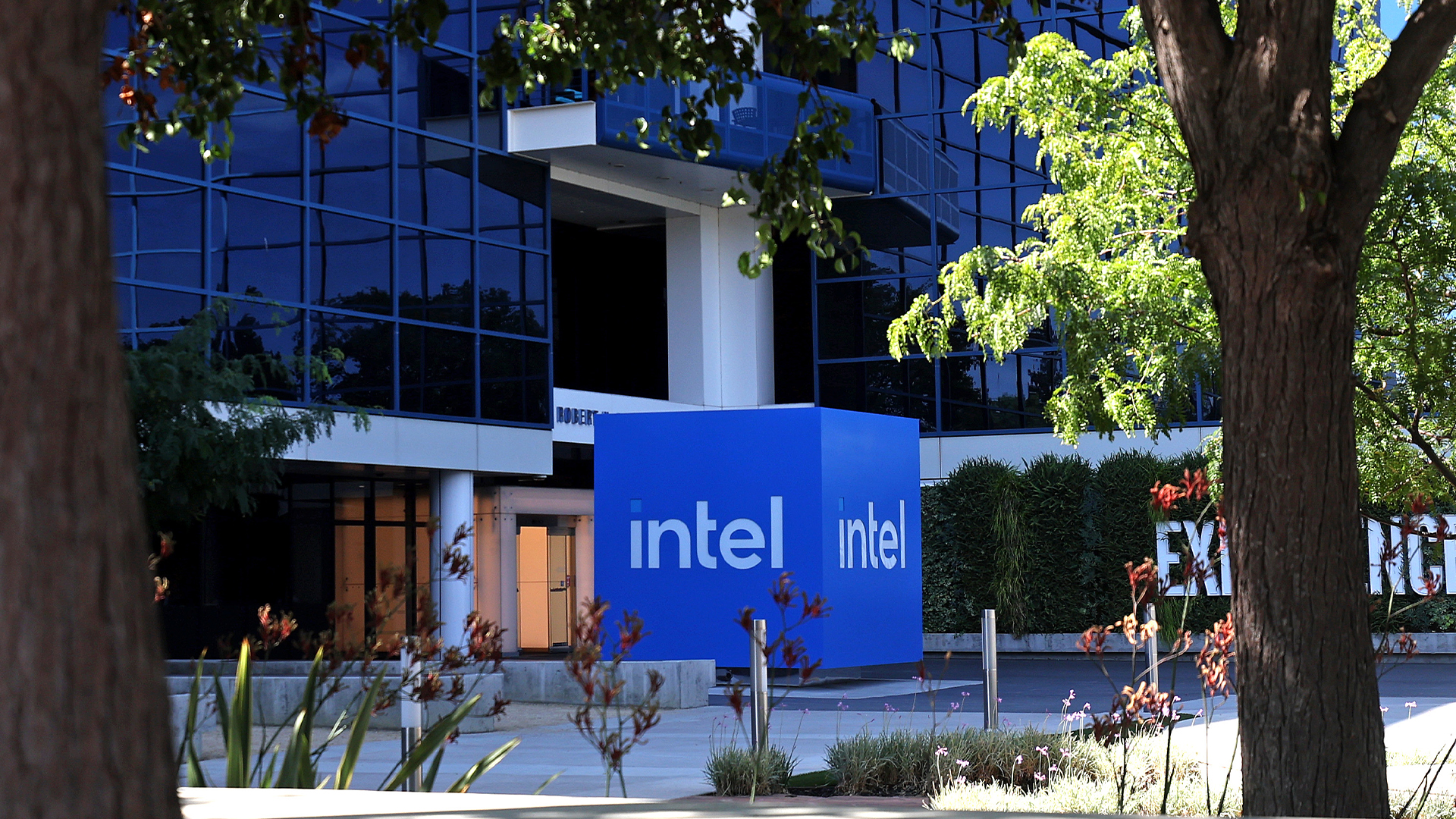 Intel layoffs confirmed as CEO eyes 'sustainable growth'
Intel layoffs confirmed as CEO eyes 'sustainable growth'Intel’s new CEO Lip-Bu Tan has confirmed the company will be cutting its headcount in response to sluggish revenue.
-
 Everything you need to know about Lip-Bu Tan, Intel’s new CEO
Everything you need to know about Lip-Bu Tan, Intel’s new CEONews Intel has announced its next CEO in the wake of Pat Gelsinger's retirement, naming former board member Lip-Bu Tan as its new leader months after he quit.
-
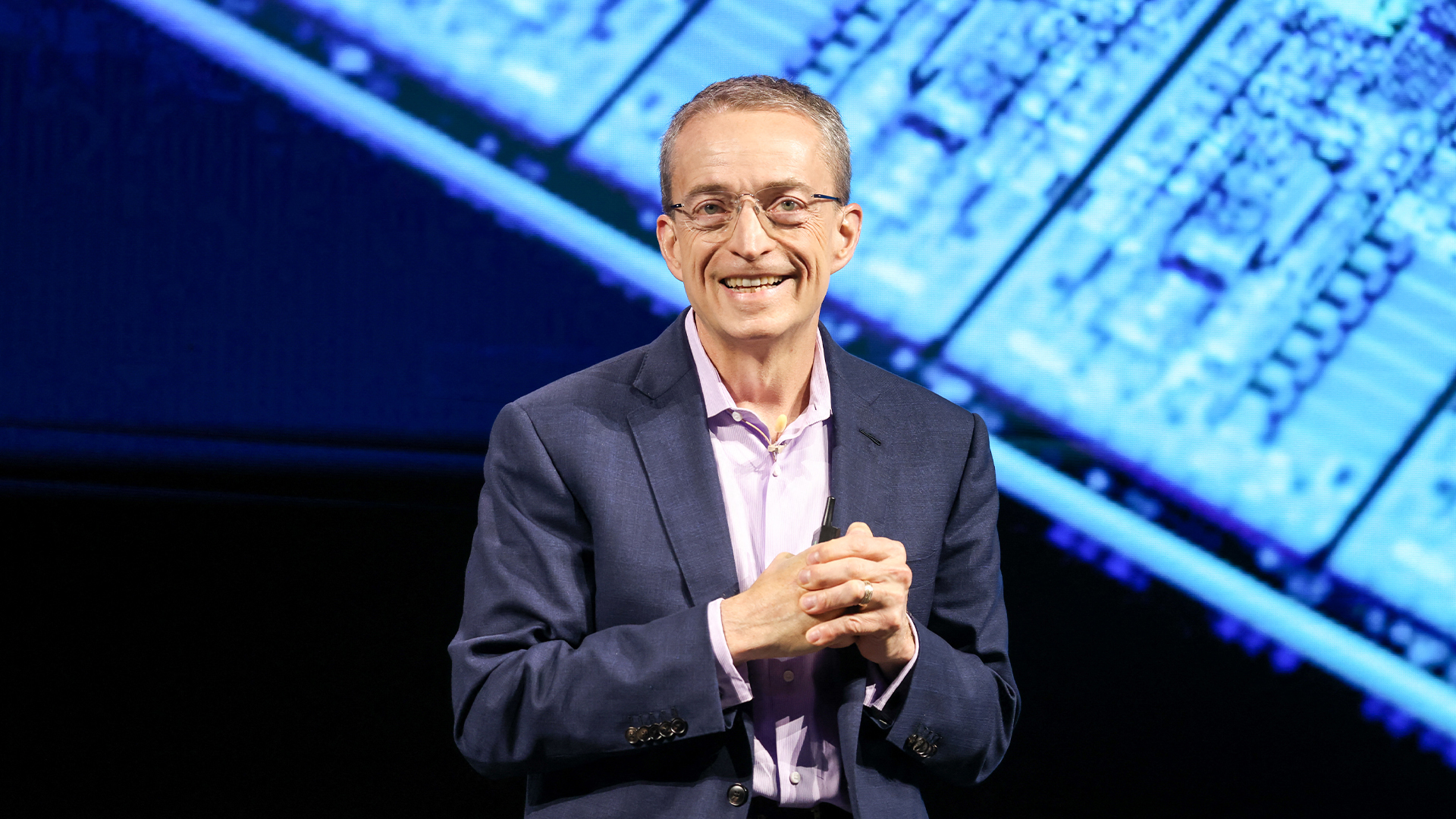 Intel CEO Pat Gelsinger announces retirement
Intel CEO Pat Gelsinger announces retirementNews Gelsinger’s departure comes amid a tumultuous period at Intel
-
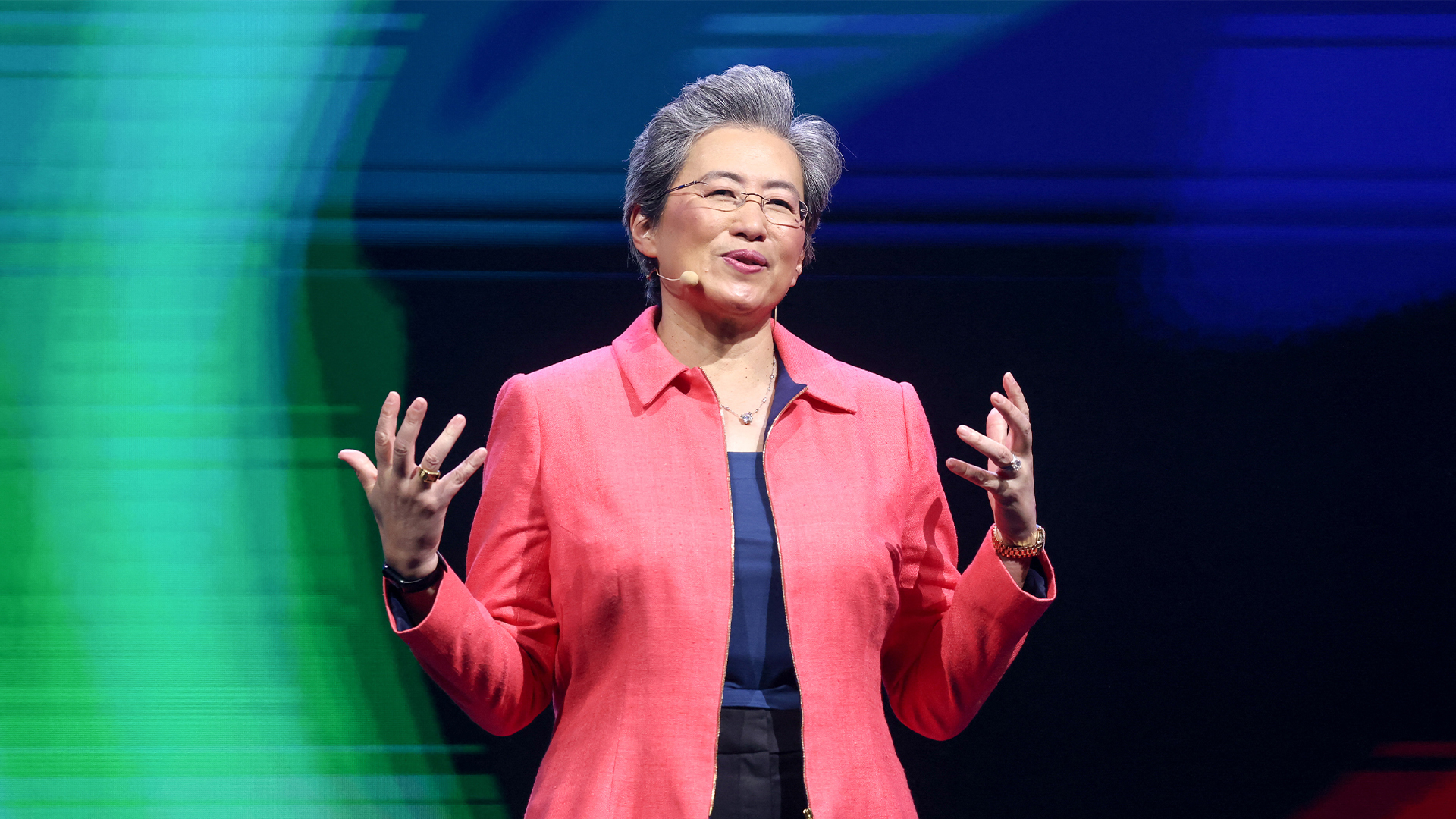 AMD to cut around 1,000 staff to focus on "growth opportunities"
AMD to cut around 1,000 staff to focus on "growth opportunities"News The AMD layoffs come after rival Intel cut staff on the back of flagging AI returns
-
 Meta layoffs hit staff at WhatsApp, Instagram, and Reality Labs divisions
Meta layoffs hit staff at WhatsApp, Instagram, and Reality Labs divisionsNews The 'year of efficiency' for Mark Zuckerberg continues as Meta layoffs affect staff in key business units
-
 The power and the pain: Looking forward so you’re not held back
The power and the pain: Looking forward so you’re not held backAvoiding server modernization may seem like a cost-saving strategy, but the hidden risks of downtime, security breaches, and operational inefficiencies can quickly become far more costly…

